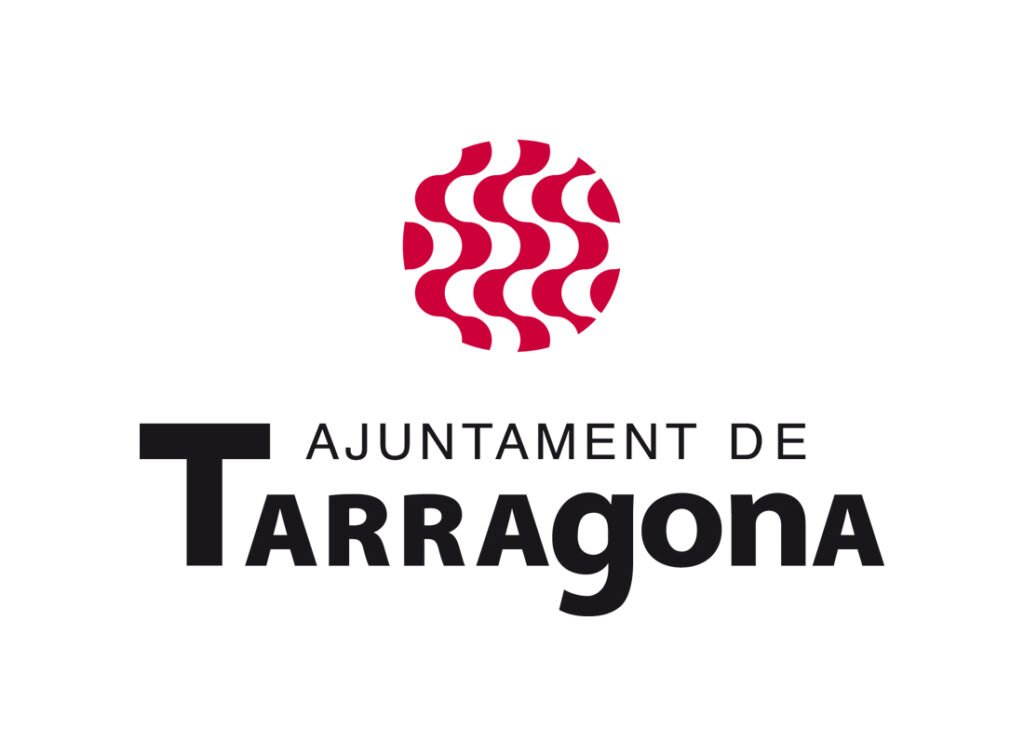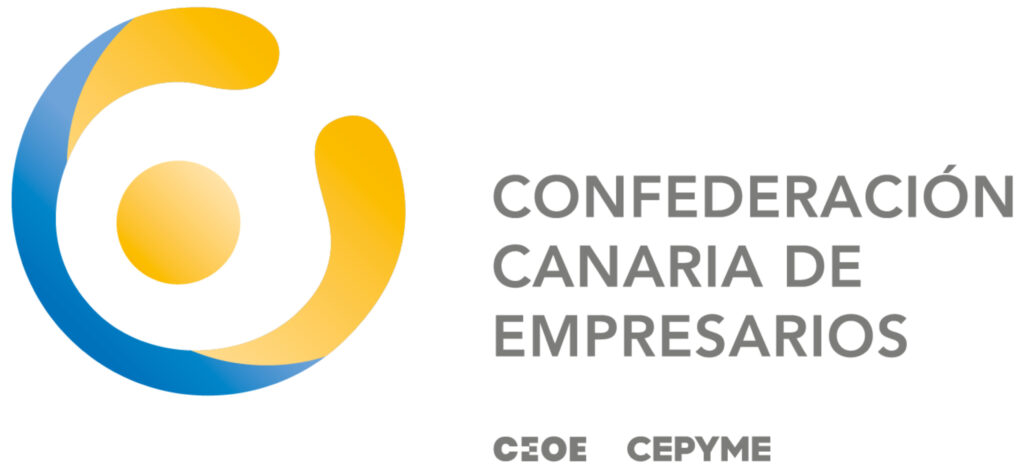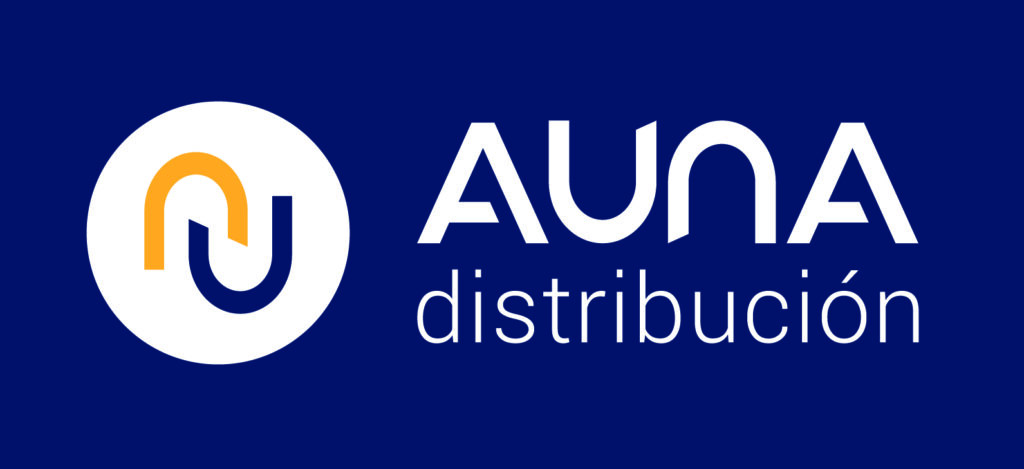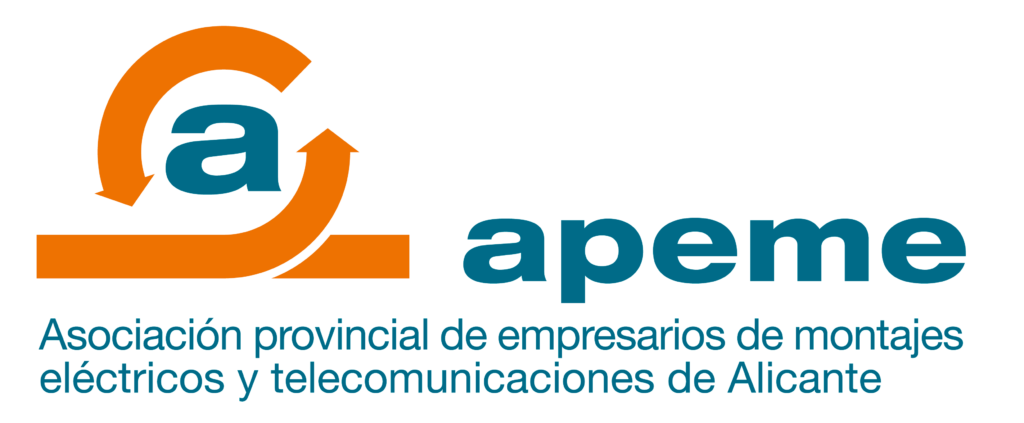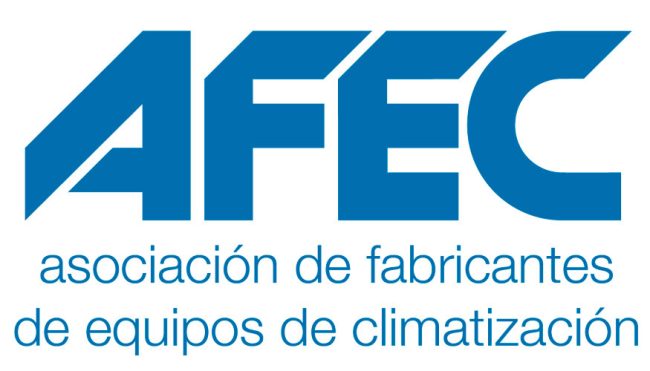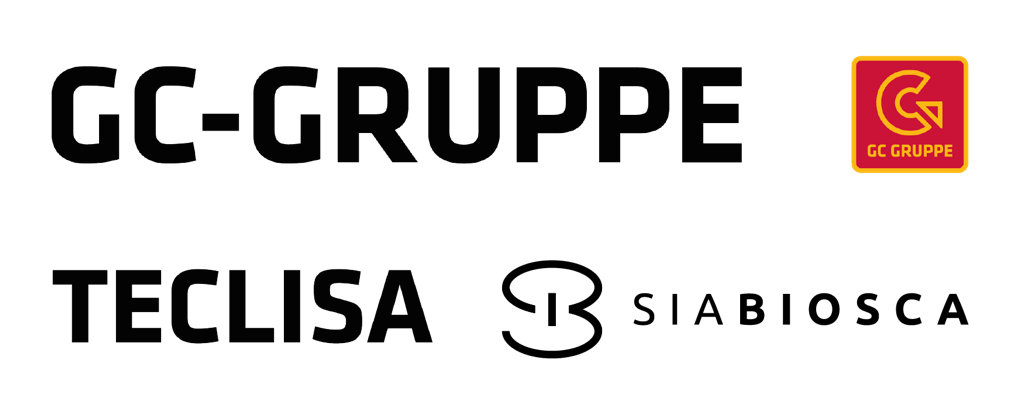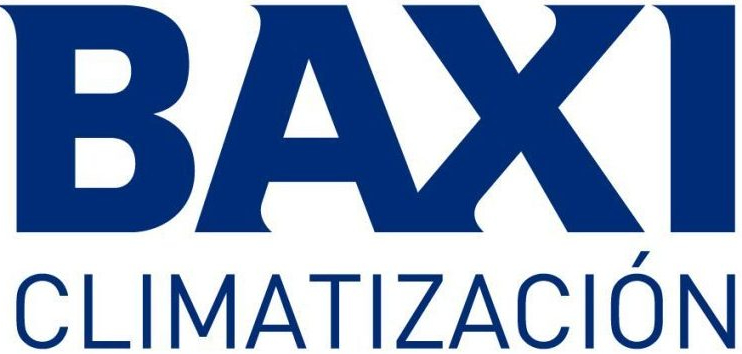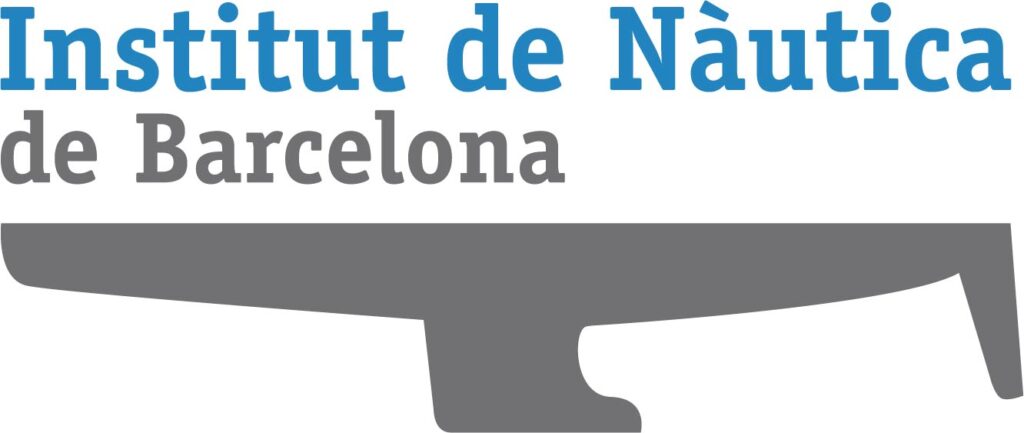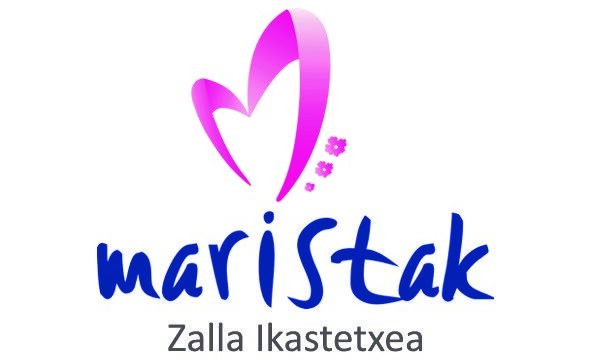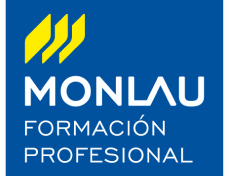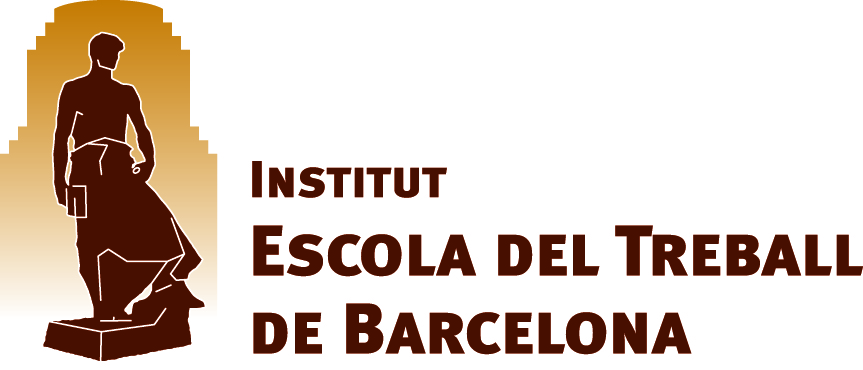
The Council of Ministers has approved the latest procedure to make Dual FP a reality in the 2024-2025 academic year
Vocational Training students will be trained at the centre and in the company from the first year of the training cycle, with longer and higher quality stays in companies
All Intermediate and Higher Grade cycles will have new content based on digitalisation, sustainability or entrepreneurship, key aspects to facilitate young people’s access to employment
The Council of Ministers, at the proposal of the Ministry of Education, Vocational Training and Sports, has approved this Tuesday four royal decrees that conclude the regulatory development of the Vocational Training Law approved two years ago. With the approval of these decrees, the implementation of the dual system concludes both in the Intermediate and Higher Grade training cycles. The approved decrees also include the incorporation of various modules linked to digitalisation, sustainability, entrepreneurship or technical English.
All its contents are already included in the Royal Decree on the Regulation of the Vocational Training System published almost a year ago. This is the definitive step towards making the full implementation of the new Vocational Training system designed in the Organic Law on the Regulation and Integration of Vocational Training, approved just over two years ago, a reality.
Starting next September, all Vocational Training will be dual in the first year of the Intermediate and Higher Grade training cycles, as well as in the FP masters that include internships. Students will be trained at the centre and in the company from the first year of training, thus gradually eliminating and until its disappearance in the 2025-2026 academic year, the professional module of Training in Work Centres (FCT) that has been developed in a company during the last quarter of the second year.
The new Vocational Training incorporates the dual nature of training in two intensities, general and intensive, depending on the time in which the student is trained in the company and the learning results assumed by it. Since the beginning of 2024, interns are paying Social Security contributions during their training period in the company, a cost that will not be passed on to companies.
On the other hand, in the next academic year, all Intermediate and Higher Degree cycles will have, in their core part, new modules adapted to each training offer and linked to essential aspects of the current economy. It should be noted that their respective curricula have already been publicly available since July last year, following the approval of the Royal Decree on the Regulation of the system.
These are the module on Digitalisation applied to the production system, the module on Sustainability adapted to the production system, the module on Technical English and the module on Personal Itinerary for Employability I and II. The latter, which replaces the current modules of Training and Career Guidance (FOL) and the Business and Entrepreneurial Initiative (EIE), includes aspects related to social skills, entrepreneurship, labor rights or the so-called “employability skills” such as time management, creativity or the ability to adapt, which are increasingly taken into account in the personnel selection processes of companies.
In addition, the system contemplates for the first time, optional subjects in Vocational Training and includes the Intermodular Project both in Basic, Intermediate and Advanced Levels. In it, the teaching team proposes work based on challenges in the classroom that simulates a real situation of the productive system to which the training is linked.
With this last step, which in recent months has been discussed with the Autonomous Communities in numerous meetings, the Government of Spain completes the great transformation of the system initiated in 2018 and which has had, from the beginning, the consensus and collaboration of all the agents involved in Vocational Training. This is a unique model aimed at all citizens and connected to economic reality to guarantee the employability of young people and workers and the success of companies.

